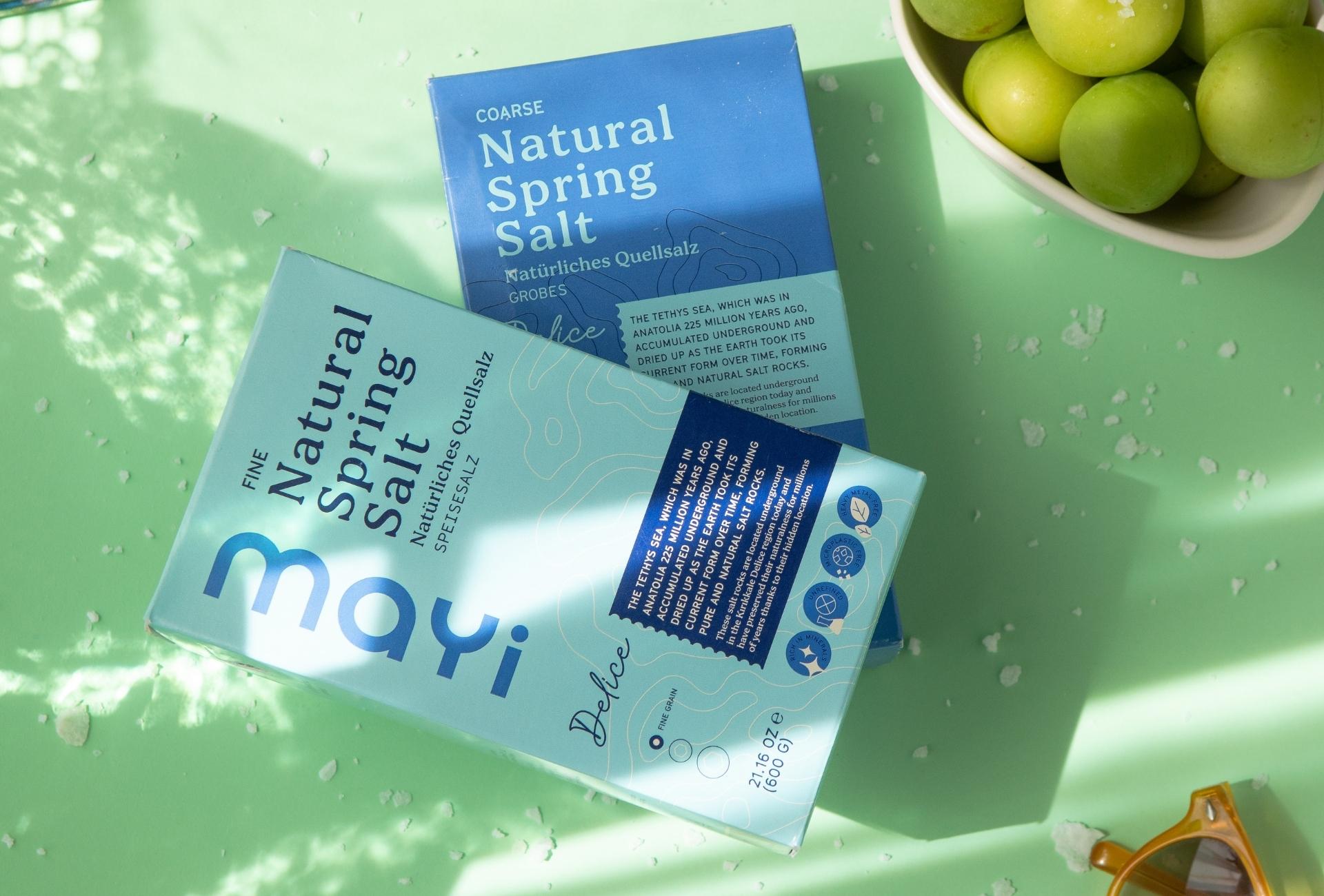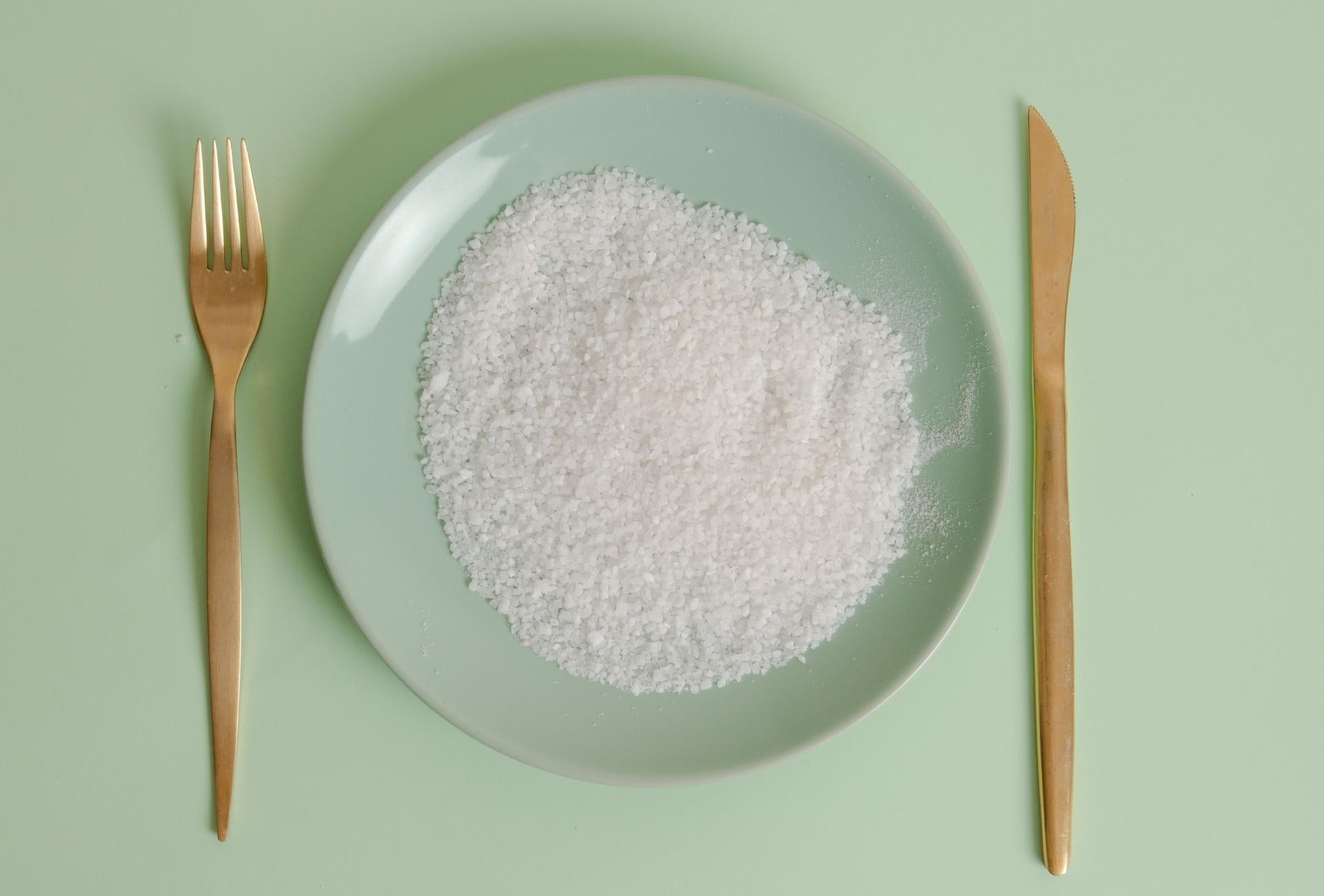What Happens When Salt Goes Bad?
Salt is a staple in every kitchen, but have you ever wondered, does salt expire? Salt, particularly table salt and sea salt, is a mineral that has been used for thousands of years to preserve food. While salt itself is a stable compound and doesn't spoil in the way that perishable foods do, it can undergo changes that affect its quality and usability over time.
When salt goes bad, it can absorb moisture from the environment, leading to clumping and caking. Additionally, impurities or additives in salt, such as iodine in table salt, can degrade, impacting the taste and texture. Sea salt, which is often less refined than table salt, can also absorb odors and contaminants from its surroundings. Therefore, while salt may not spoil in the traditional sense, it can become less desirable for culinary use if not stored properly.
Can Table Salt Go Bad?
Table salt is highly refined and often contains additives like iodine and anti-caking agents. These additives can degrade over time, causing changes in flavor and texture. So, while the salt itself does not expire, the additives can affect its overall quality.
If table salt is exposed to moisture, it can clump together, making it harder to use. To maintain the best quality, it’s important to store table salt in a cool, dry place. An airtight container can help protect it from humidity and contaminants, ensuring it remains free-flowing and easy to use in cooking and seasoning.
Does Table Salt Expire?
Although table salt does not technically expire, the additives in it, like iodine, can lose their effectiveness over time. This can result in a slight change in taste or texture. However, as long as it is stored properly, table salt remains safe to use indefinitely.
How Can I Tell If the Salt Is Spoiled?
Identifying spoiled salt involves looking for changes in texture, appearance, and odor. If your salt has clumped together or has a musty smell, it may have absorbed moisture or contaminants from the environment. This is more common with sea salt due to its less refined nature.

Inspect your salt for any discoloration or unusual particles. Table salt should be uniformly white, so any deviation from this might indicate the presence of impurities. Tasting a small amount can also help determine if the flavor has been compromised. While salt doesn't go bad in the traditional sense, these signs can suggest it’s time to replace it for optimal culinary results.
How Should Salt Be Stored?
Proper storage is key to maintaining the quality of both table salt and sea salt. To ensure your salt remains free from moisture and contaminants, store it in an airtight container. This helps prevent clumping and the absorption of unwanted odors. For sea salt, which is more prone to absorbing moisture due to its less refined nature, airtight storage is even more crucial.
Keep your salt in a cool, dry place away from direct sunlight. Kitchens can be humid, especially near stovetops and sinks, so finding a dry cabinet or pantry shelf is ideal. For added protection, consider using a desiccant packet in the container to absorb any excess moisture. By following these simple storage tips, you can ensure your salt remains in optimal condition for all your culinary needs.
Frequently Asked Questions About Does Salt Spoil
Does Epsom Salt Go Bad?
Epsom salt, or magnesium sulfate, does not go bad in the traditional sense but can absorb moisture from the air, leading to clumping. To maintain its quality, store Epsom salt in a sealed container away from humidity. It remains effective for its intended uses as long as it is stored properly.
Does Kosher Salt Go Bad?
Kosher salt is similar to other salts in that it does not expire but can deteriorate if exposed to moisture. This type of salt, known for its coarse grains and lack of additives, should be stored in a dry, airtight container to prevent clumping and ensure it retains its texture and quality.
Does Canning Salt Go Bad?
Canning salt, also known as pickling salt, is pure sodium chloride without any additives. It doesn’t go bad but can clump if it absorbs moisture. To maintain its fine, even texture, store canning salt in a dry place in an airtight container, ensuring it stays free-flowing for use in preserving foods.
Does Himalayan Salt Go Bad?
Himalayan salt is a natural rock salt that is valued for its purity and mineral content. It does not expire, but like other salts, it can absorb moisture and odors. To preserve its quality, store Himalayan salt in a cool, dry place in a sealed container, preventing it from clumping or absorbing unwanted substances.




